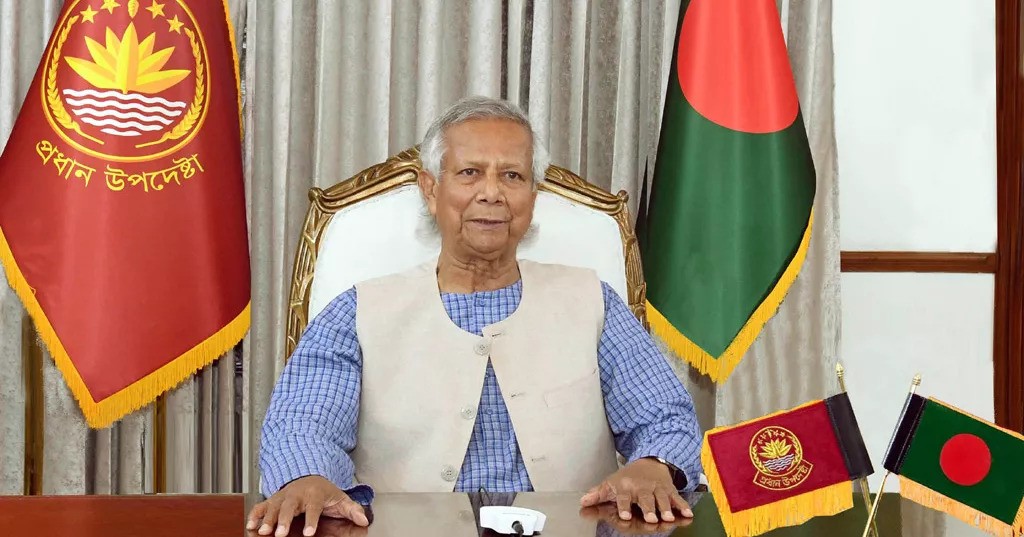Chief Adviser Professor Dr Muhammad Yunus has congratulated the nation’s trade negotiators for achieving a major breakthrough in trade talks with the United States, which led to a significant reduction in reciprocal tariffs on Bangladeshi exports.
In a statement issued by the Chief Adviser’s Press Secretary Shafiqul Alam, Dr Yunus lauded the negotiators for their “exceptional strategic efforts and unwavering commitment” in securing the deal.
“We proudly congratulate the Bangladesh tariff negotiators on securing a landmark trade deal with the United States — a decisive diplomatic victory,” said Professor Yunus.
He noted that by bringing the tariff down to 20 percent — 17 points lower than earlier imposed — the team had demonstrated “remarkable strategic skill” while defending the nation’s economic interests.
“They have been working relentlessly since February, navigating a complex negotiation that included tariff barriers, non-tariff obstacles and national security considerations,” Dr Yunus said.
“The agreement they finalised not only preserves our comparative advantage in key sectors but also enhances access to the world’s largest consumer market and safeguards our core national interests.”
He added that the achievement signals Bangladesh’s growing presence on the global stage and creates new momentum for long-term growth and prosperity.
“The future of Bangladesh is undeniably bright,” said Prof Yunus. “Today’s success stands as a powerful testament to the nation’s resilience and its bold vision for a stronger economy tomorrow.”
The agreement comes after months of high-level engagement between Dhaka and Washington following the abrupt imposition of a 37 percent reciprocal tariff by the United States earlier this year. The move had drawn concern from Bangladeshi exporters, particularly in the ready-made garments sector, which depends heavily on US market access.
Since then, negotiators under the leadership of the Ministry of Commerce, supported by experts from the Foreign Ministry and Bangladesh’s US Mission, have been engaged in back-to-back consultations with the Office of the United States Trade Representative (USTR).
The reduction to 20 percent, effective from August 1, is being viewed by economists as a critical step toward restoring competitiveness and investor confidence in the country’s export-driven economy.


